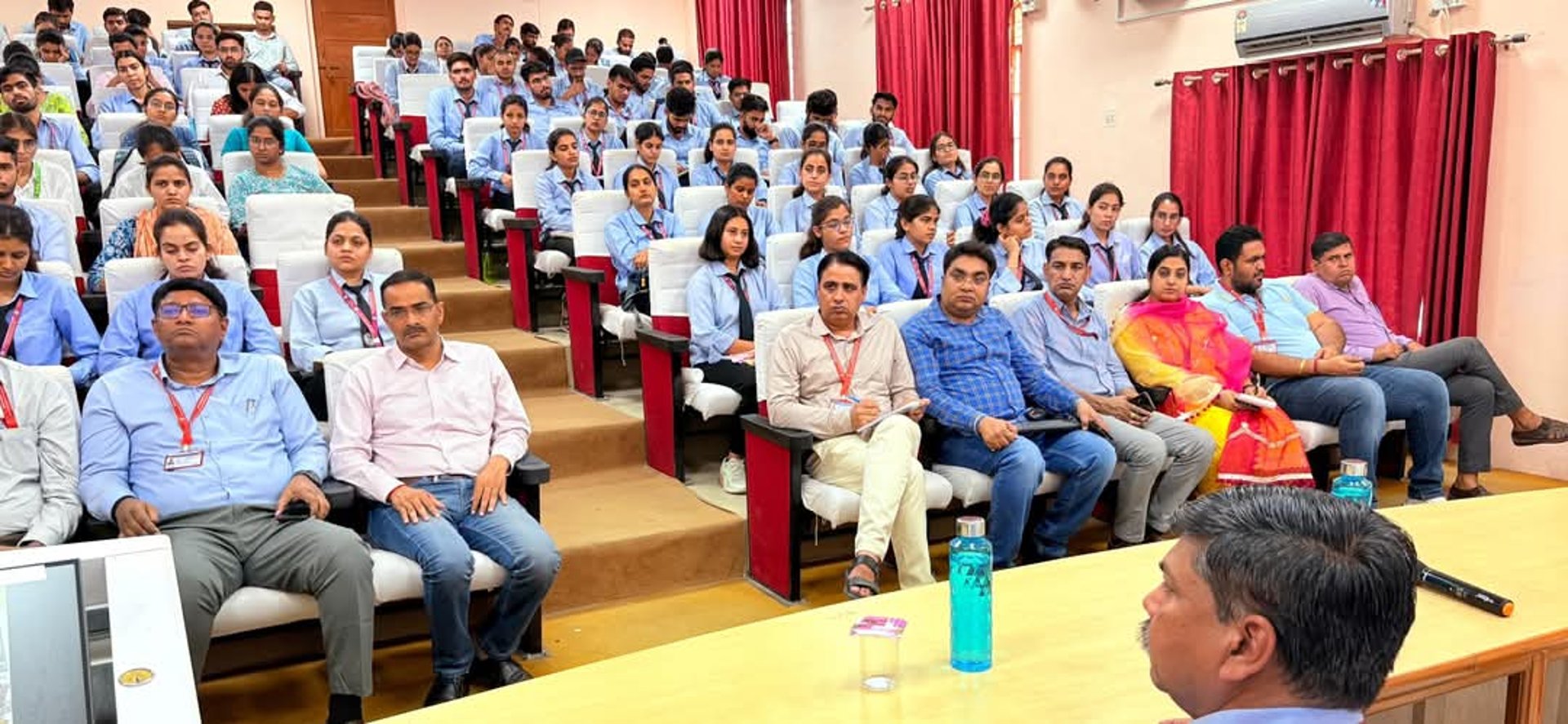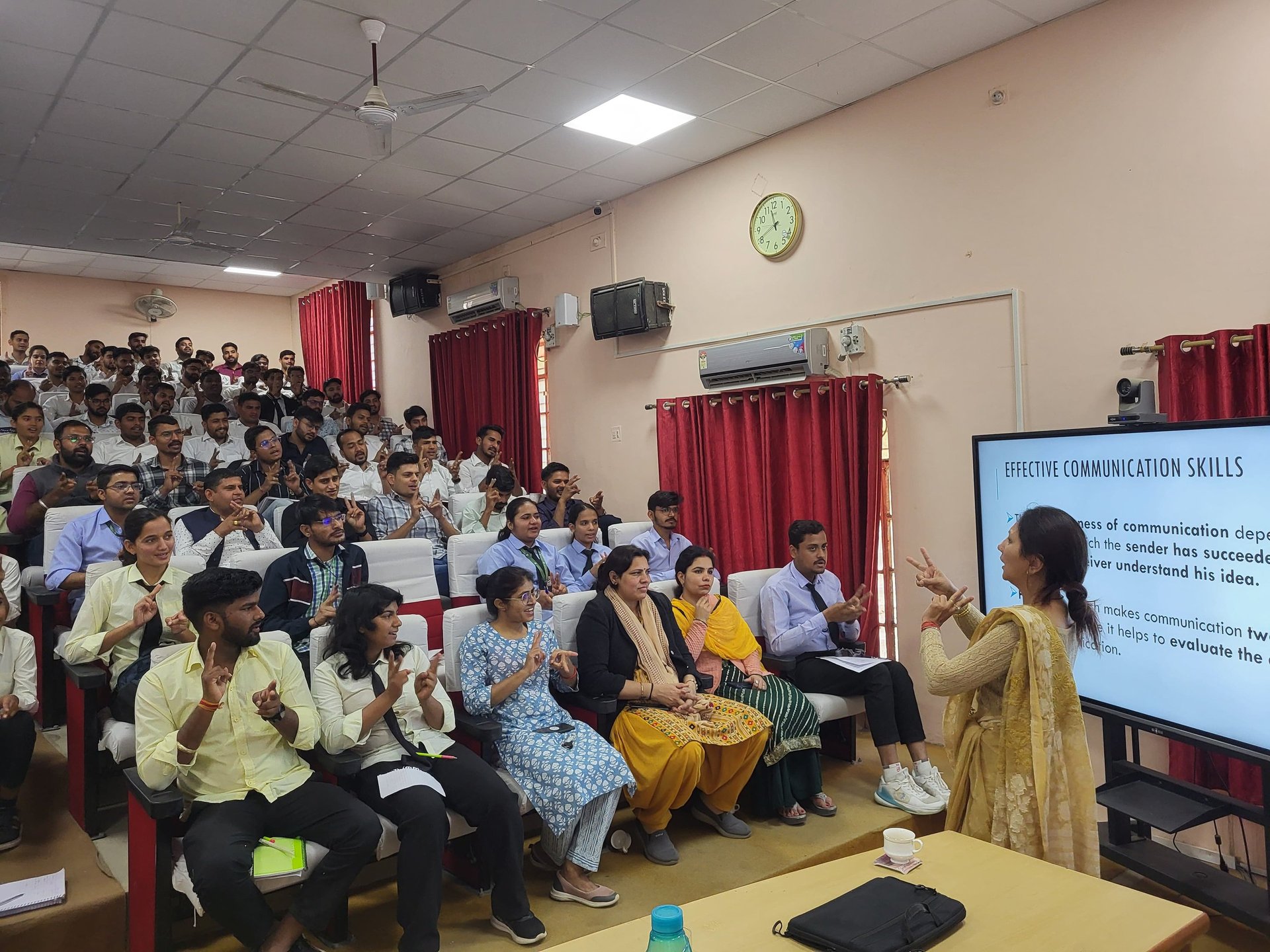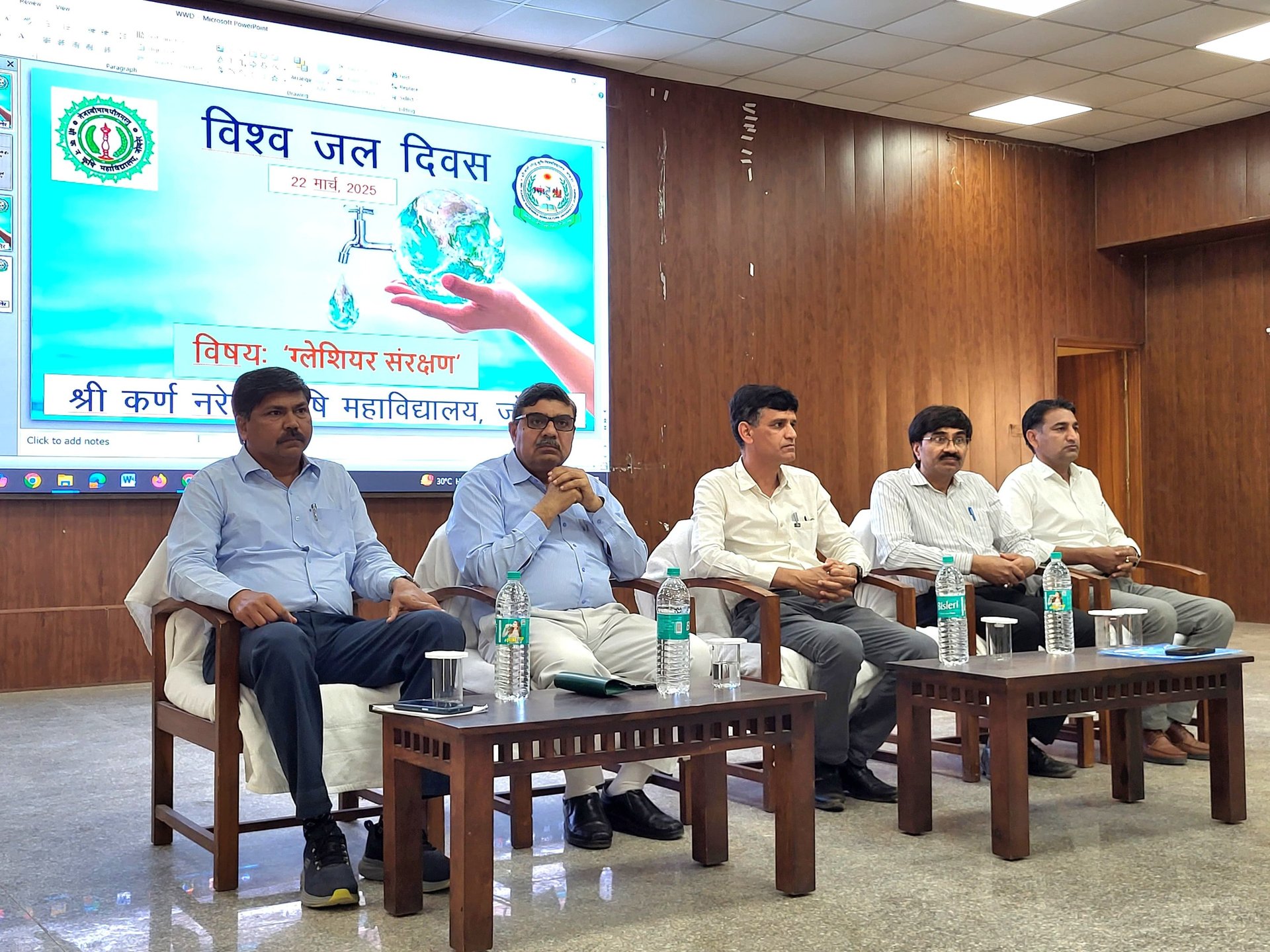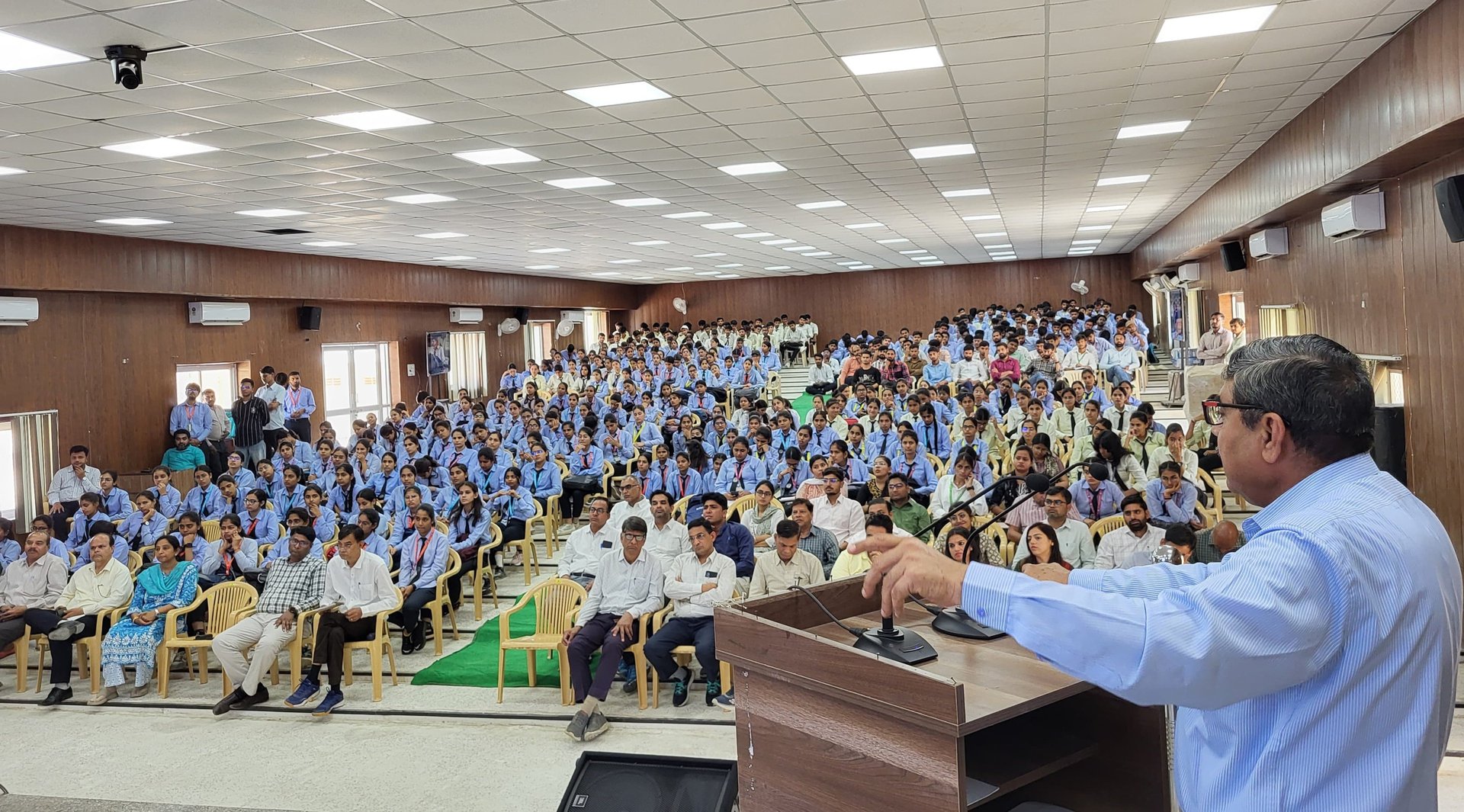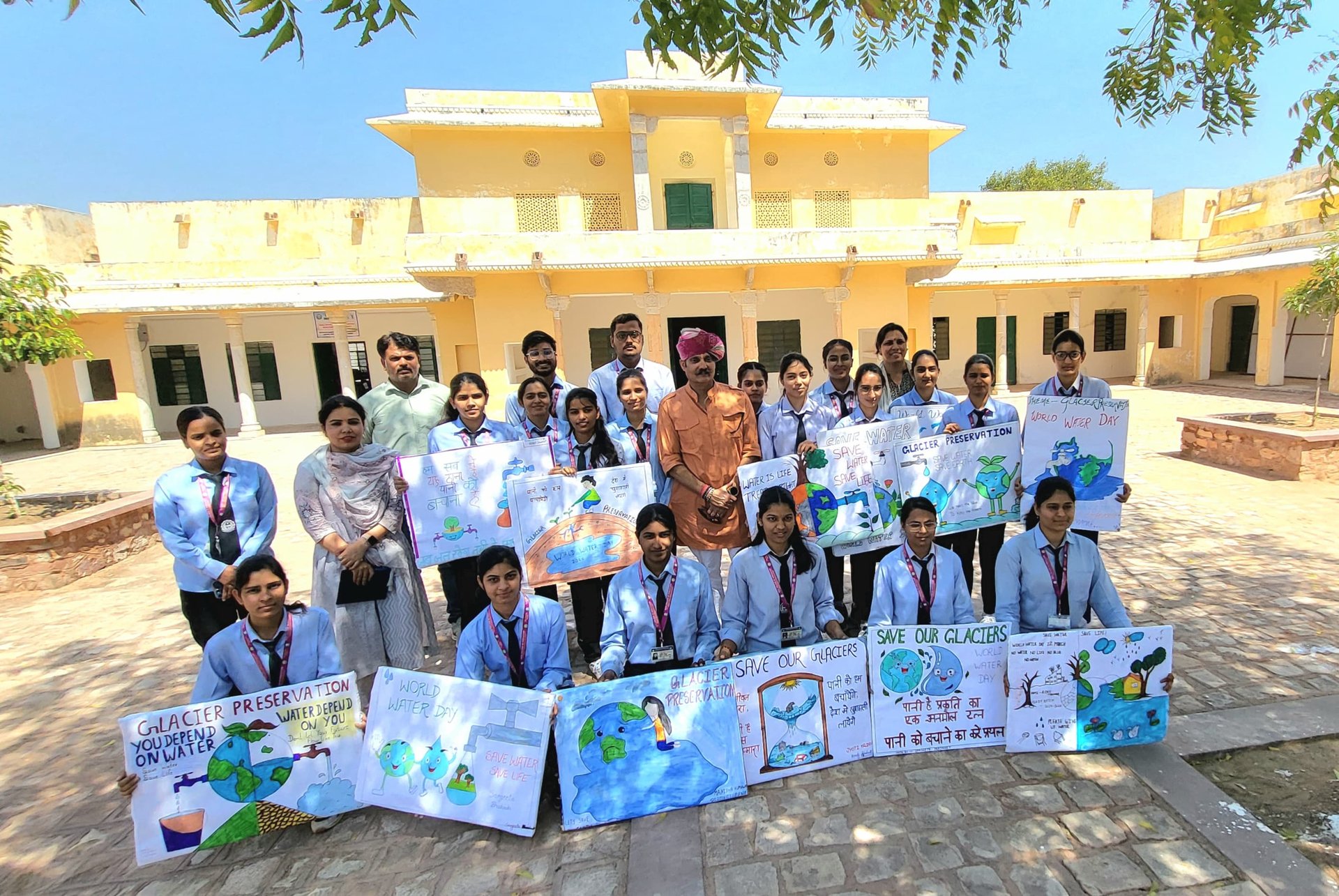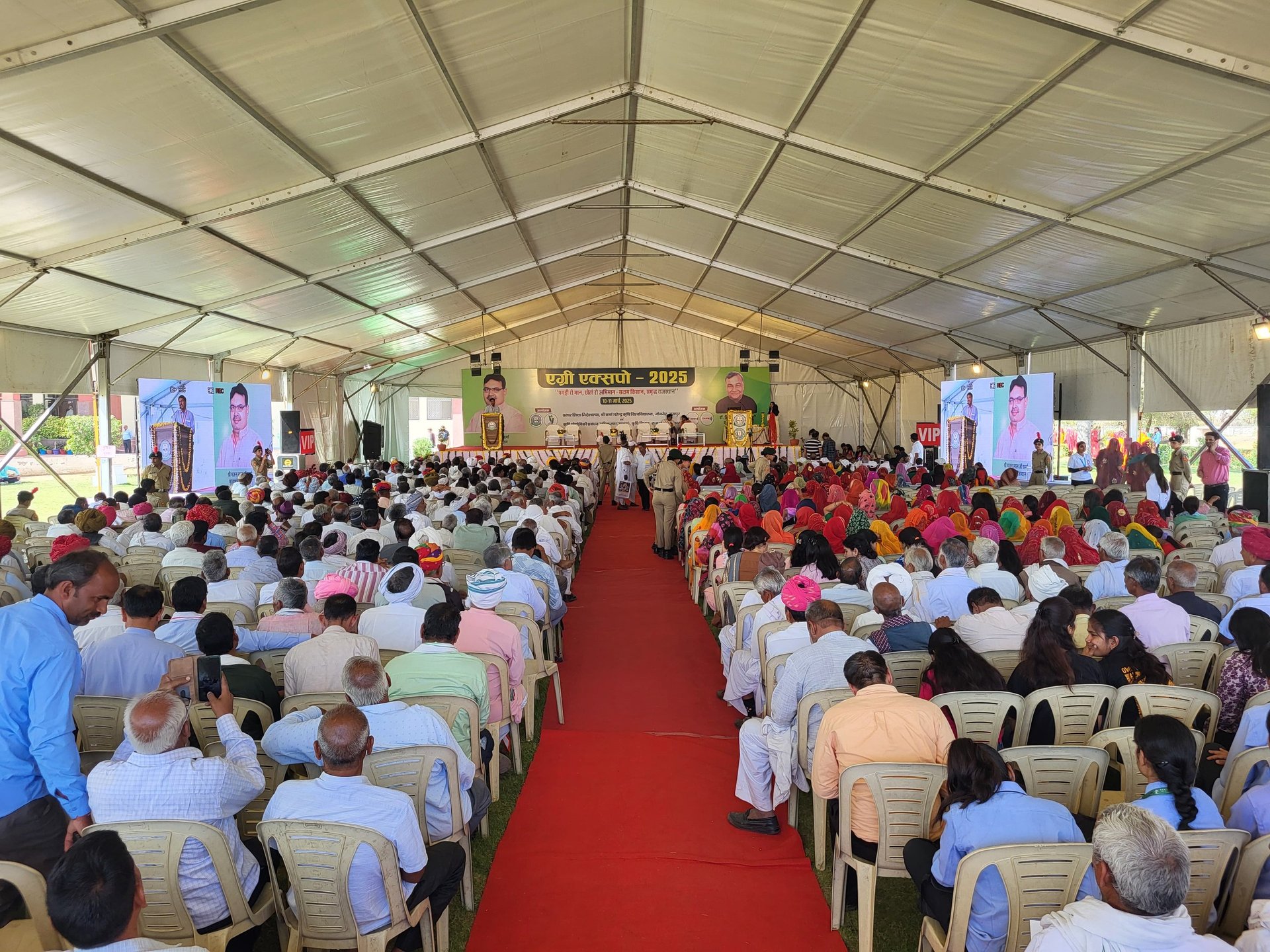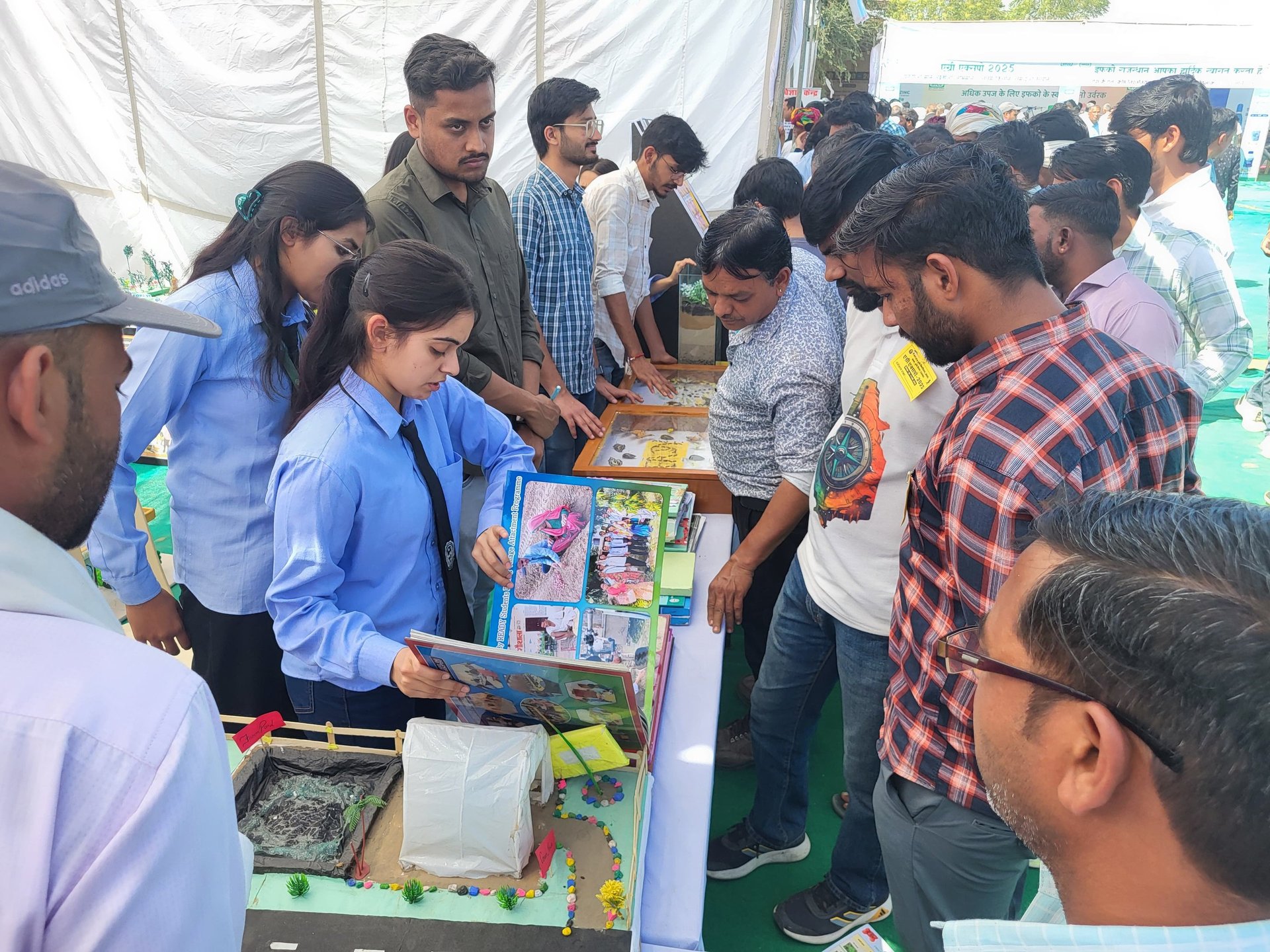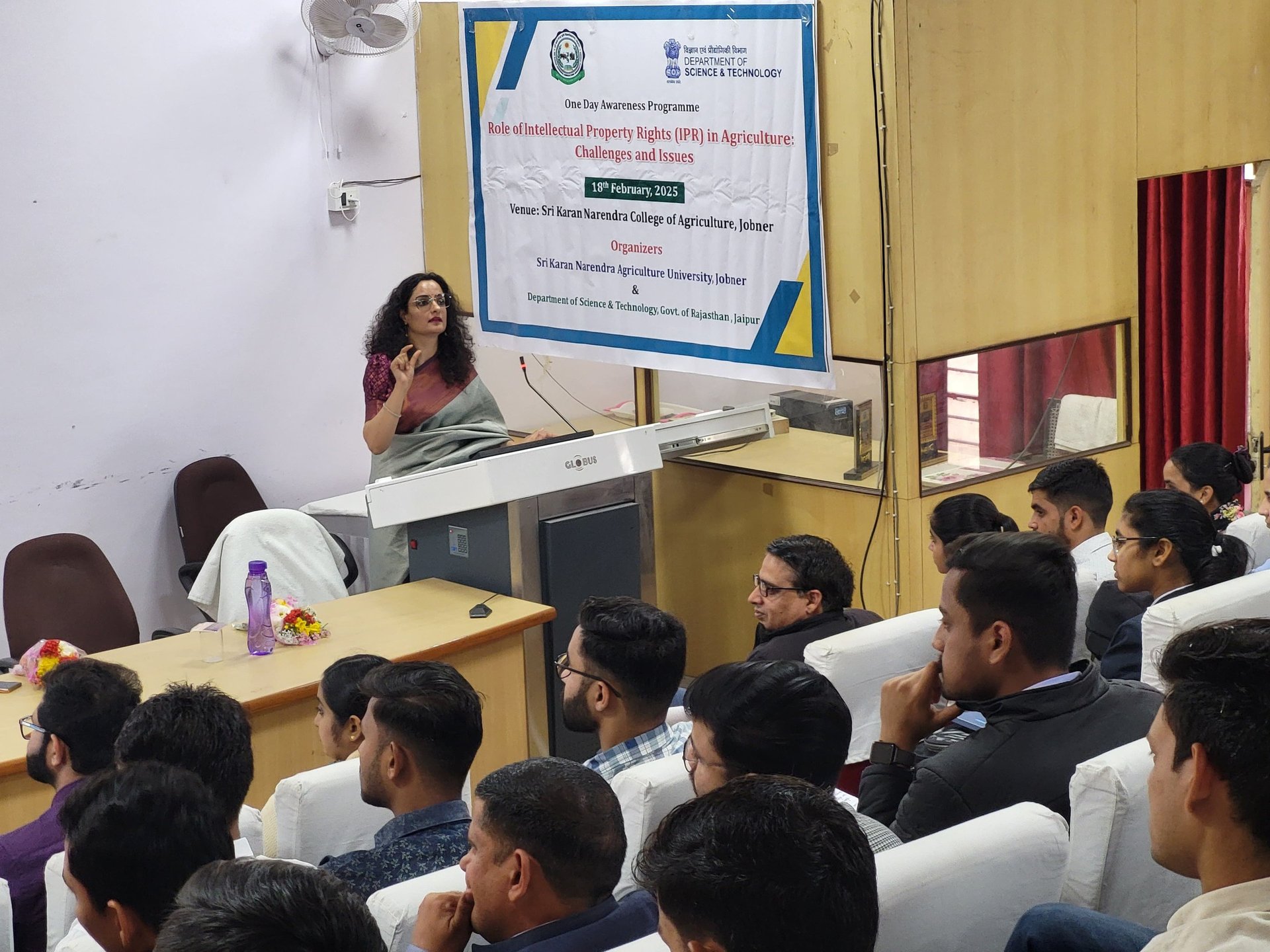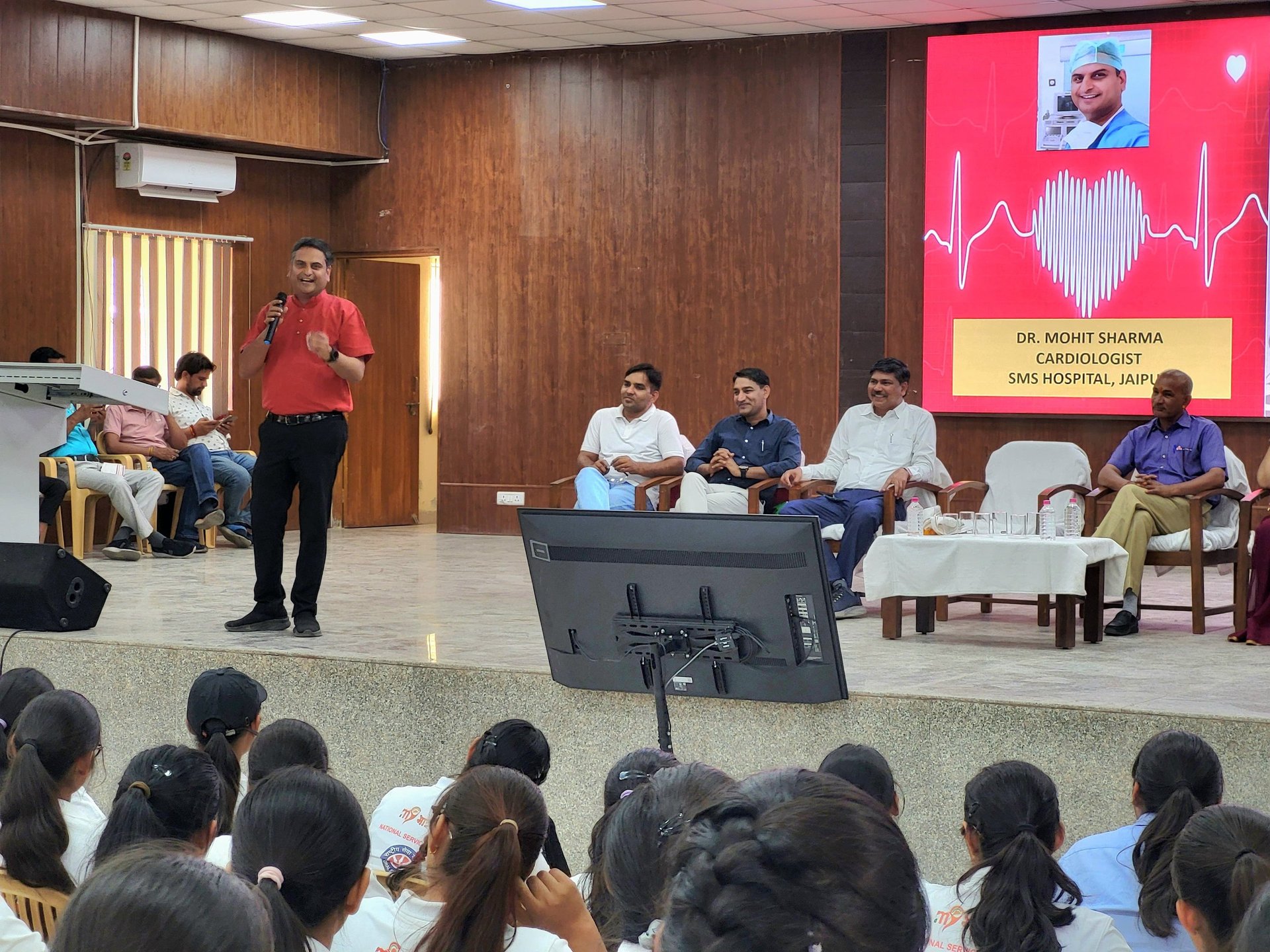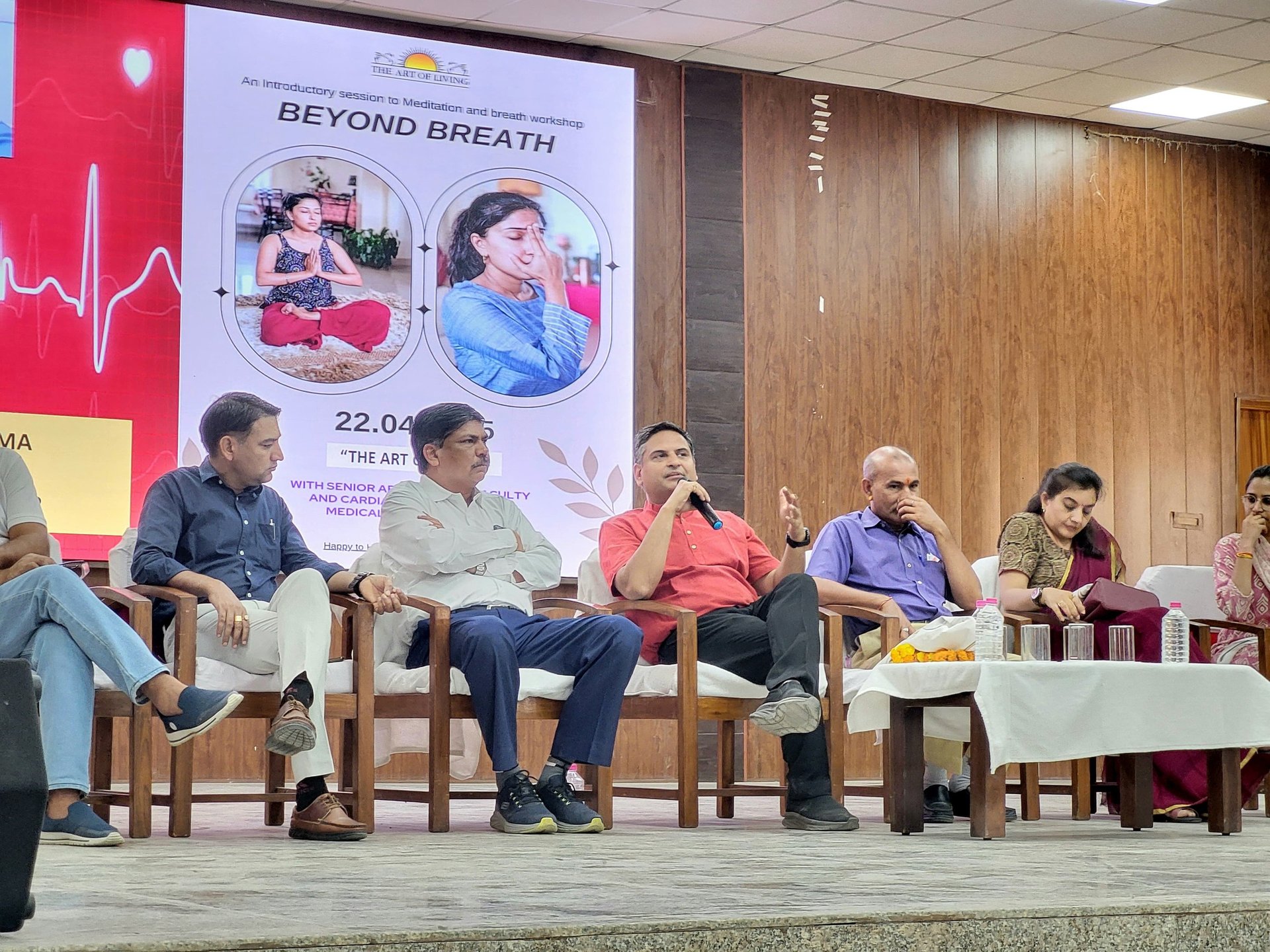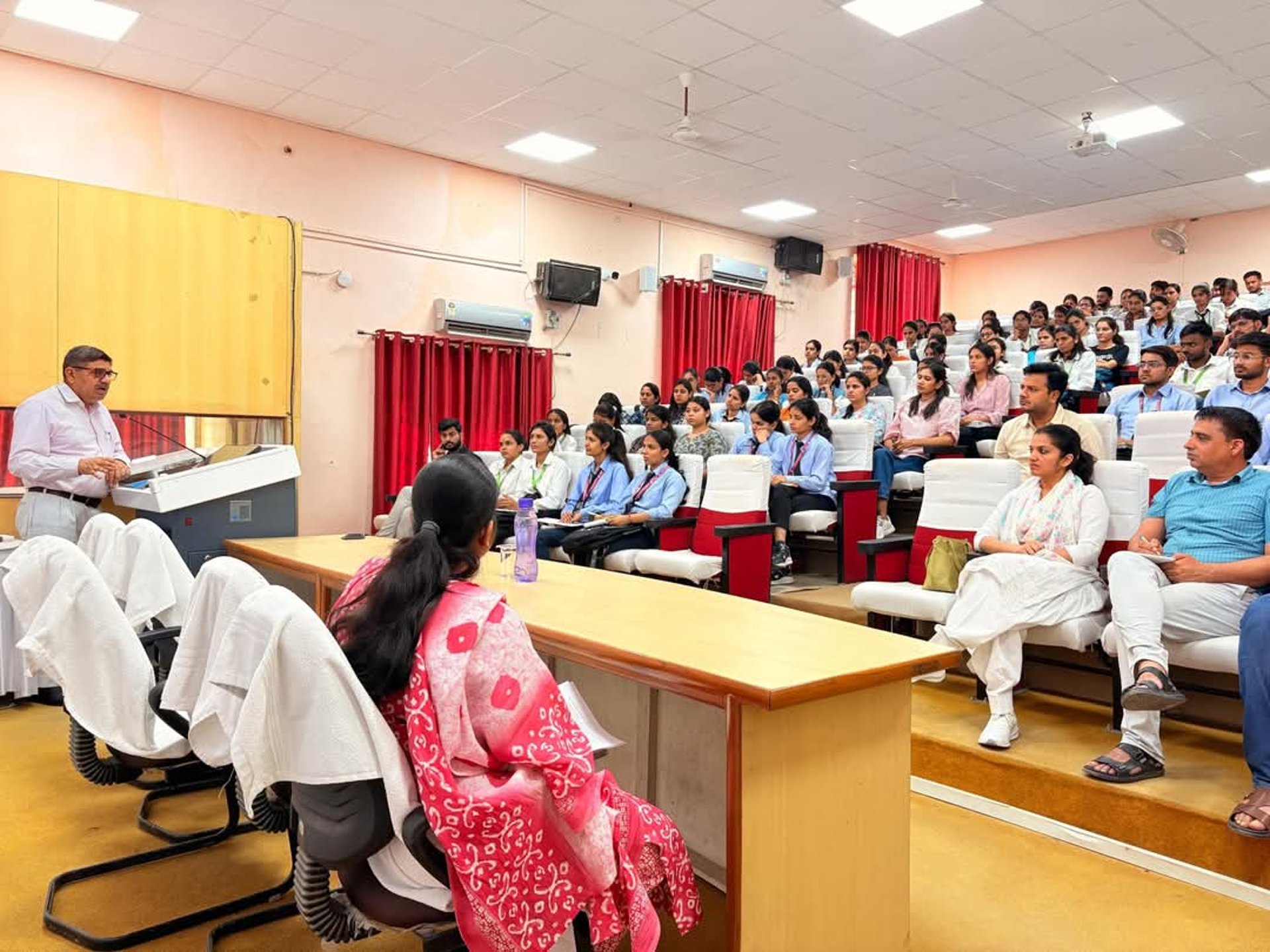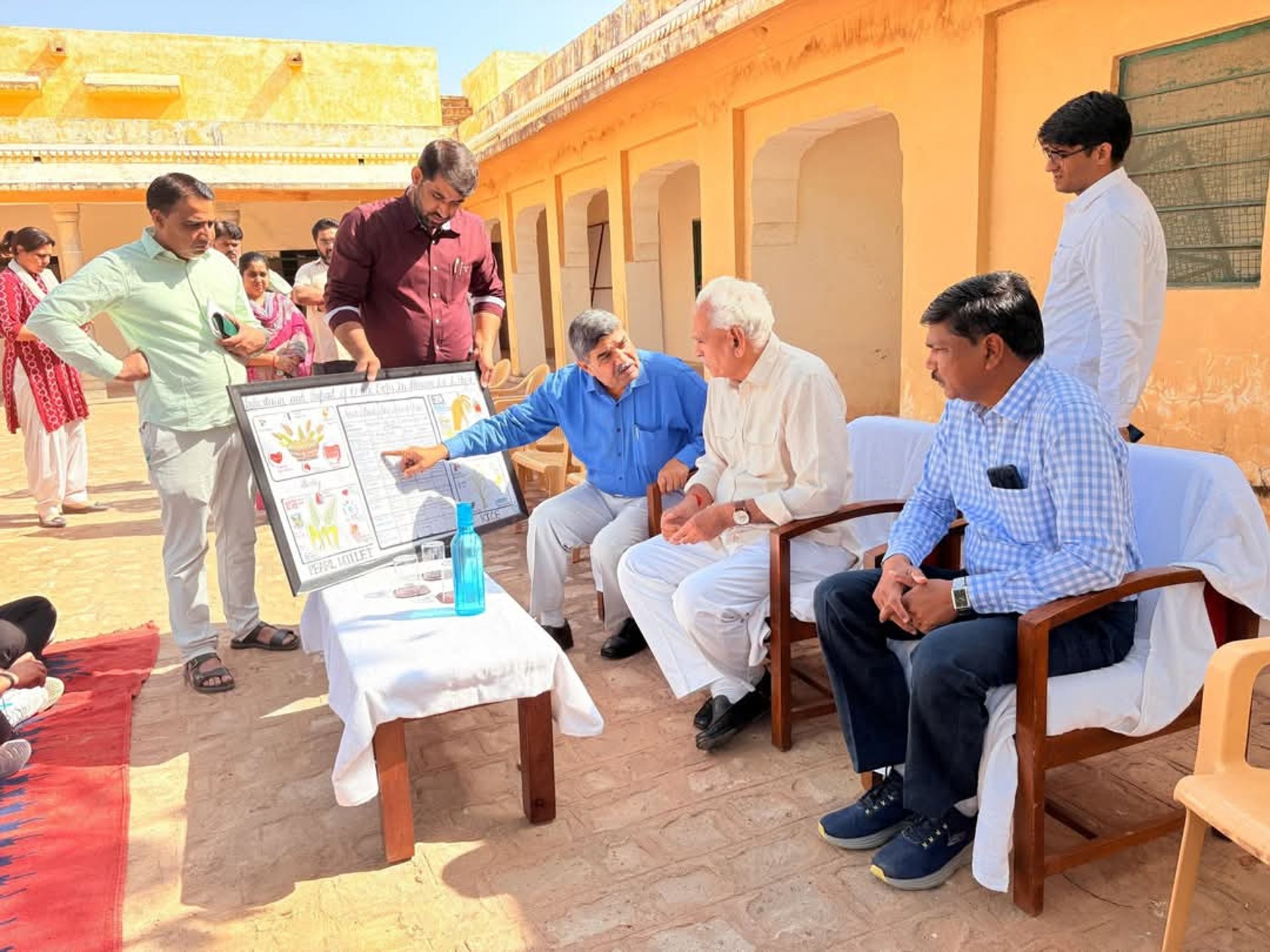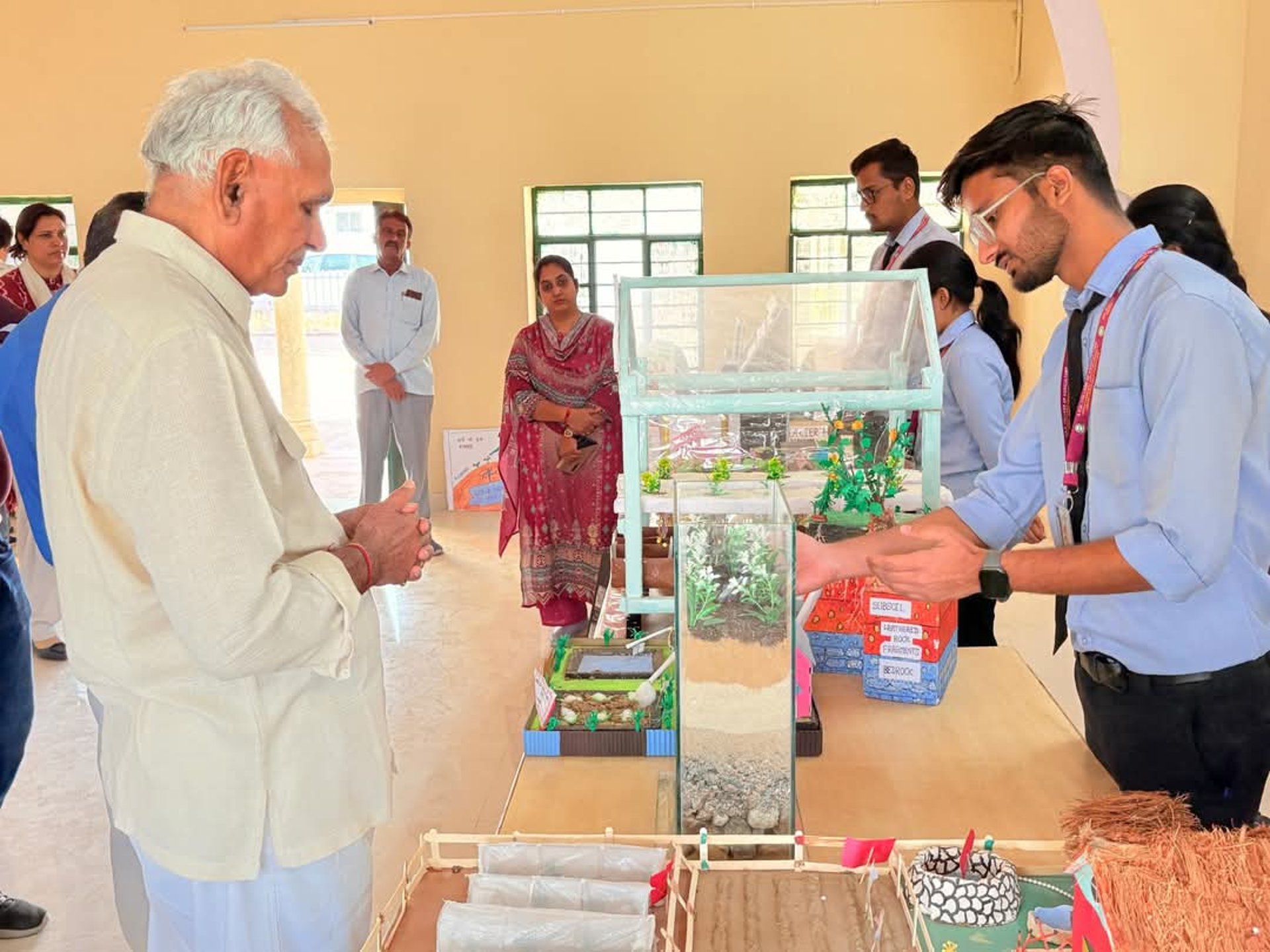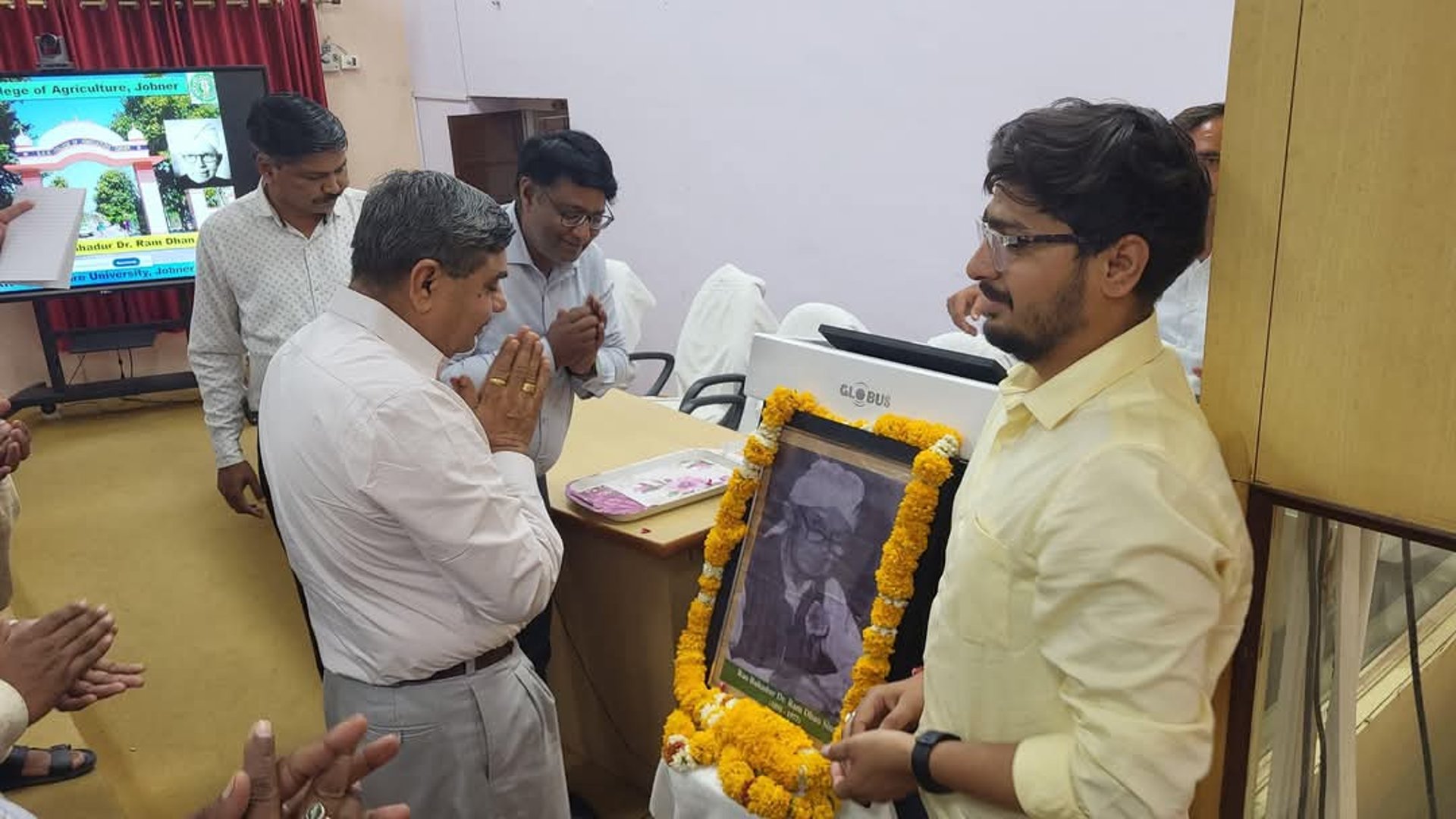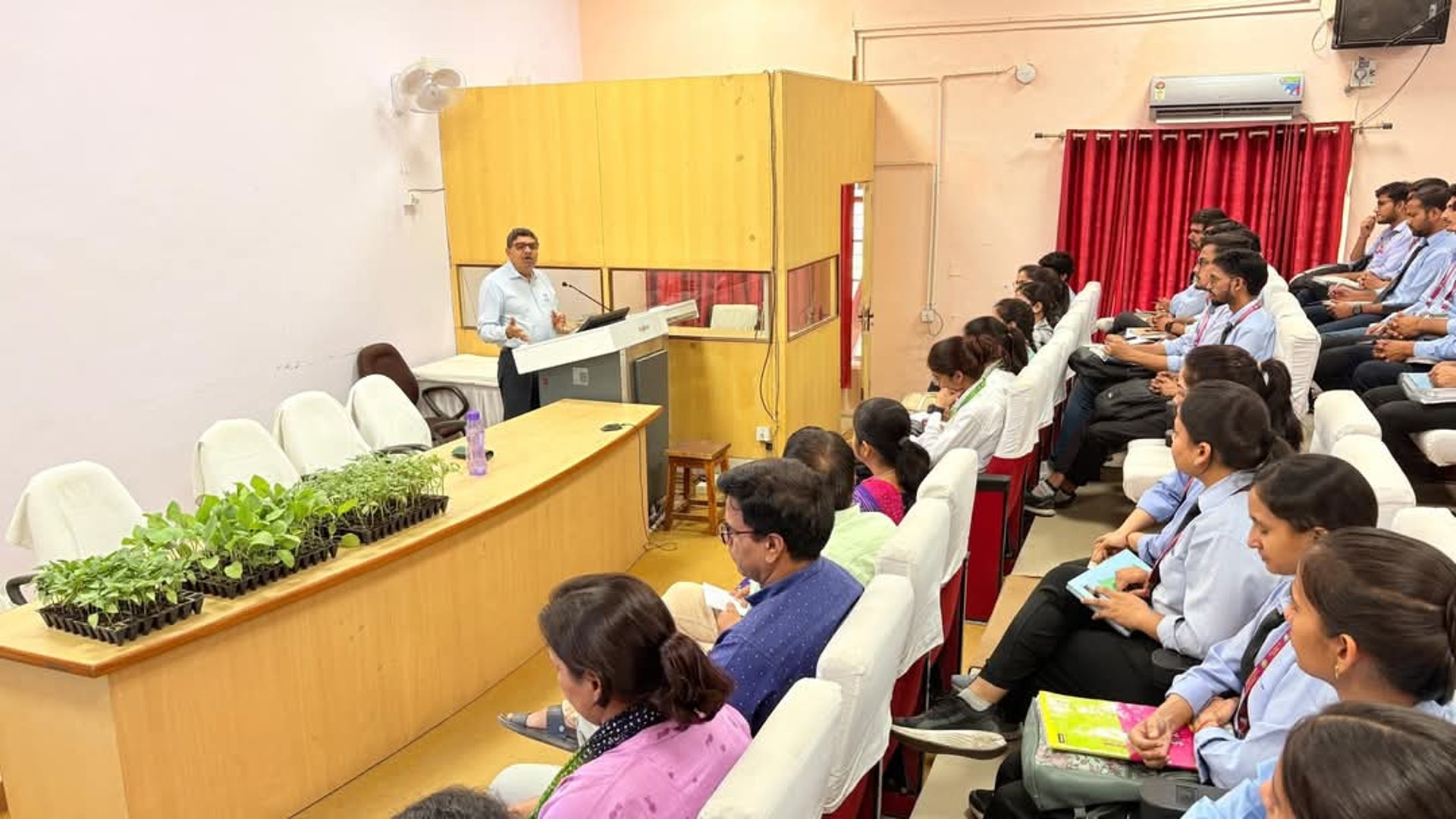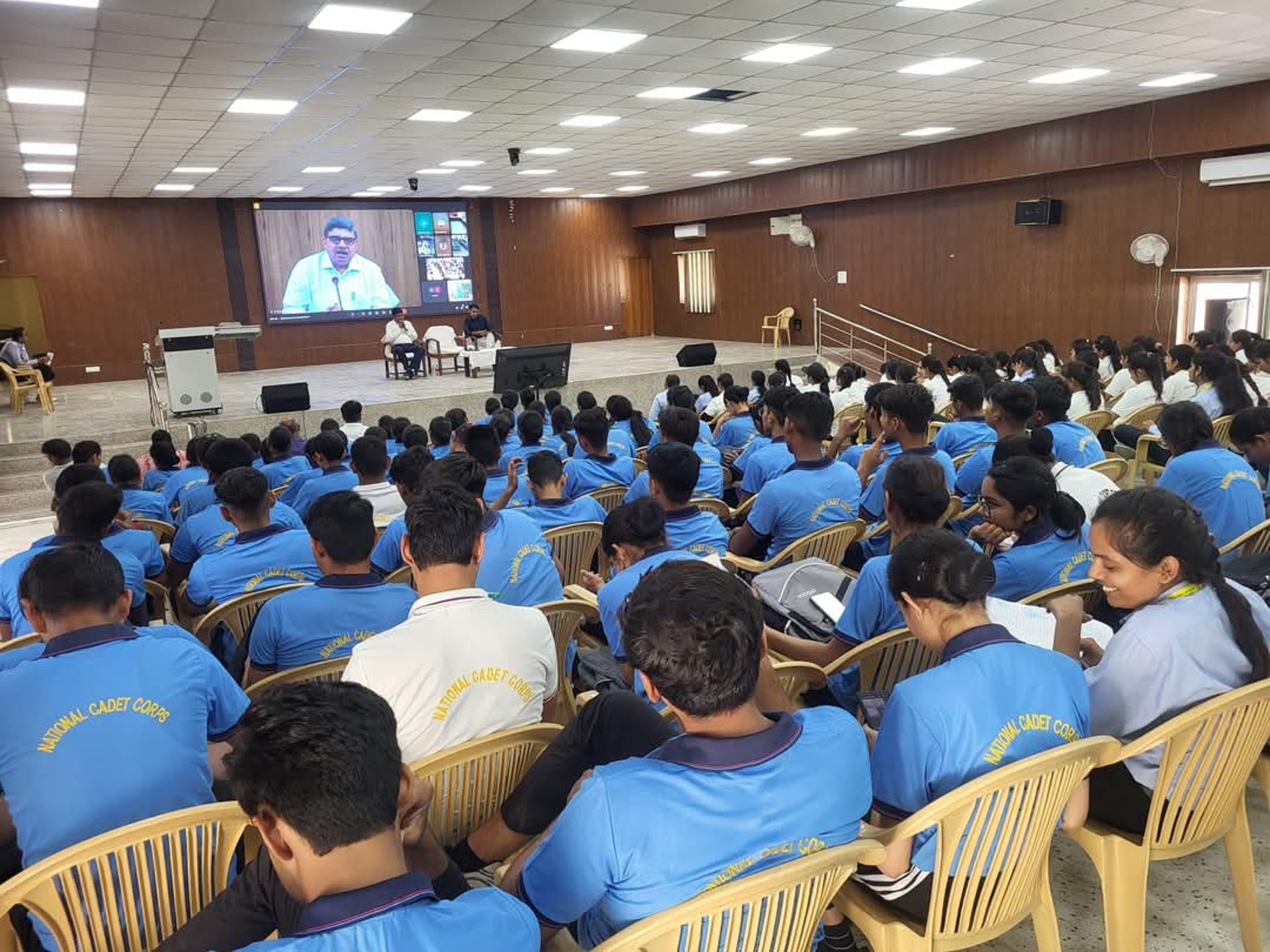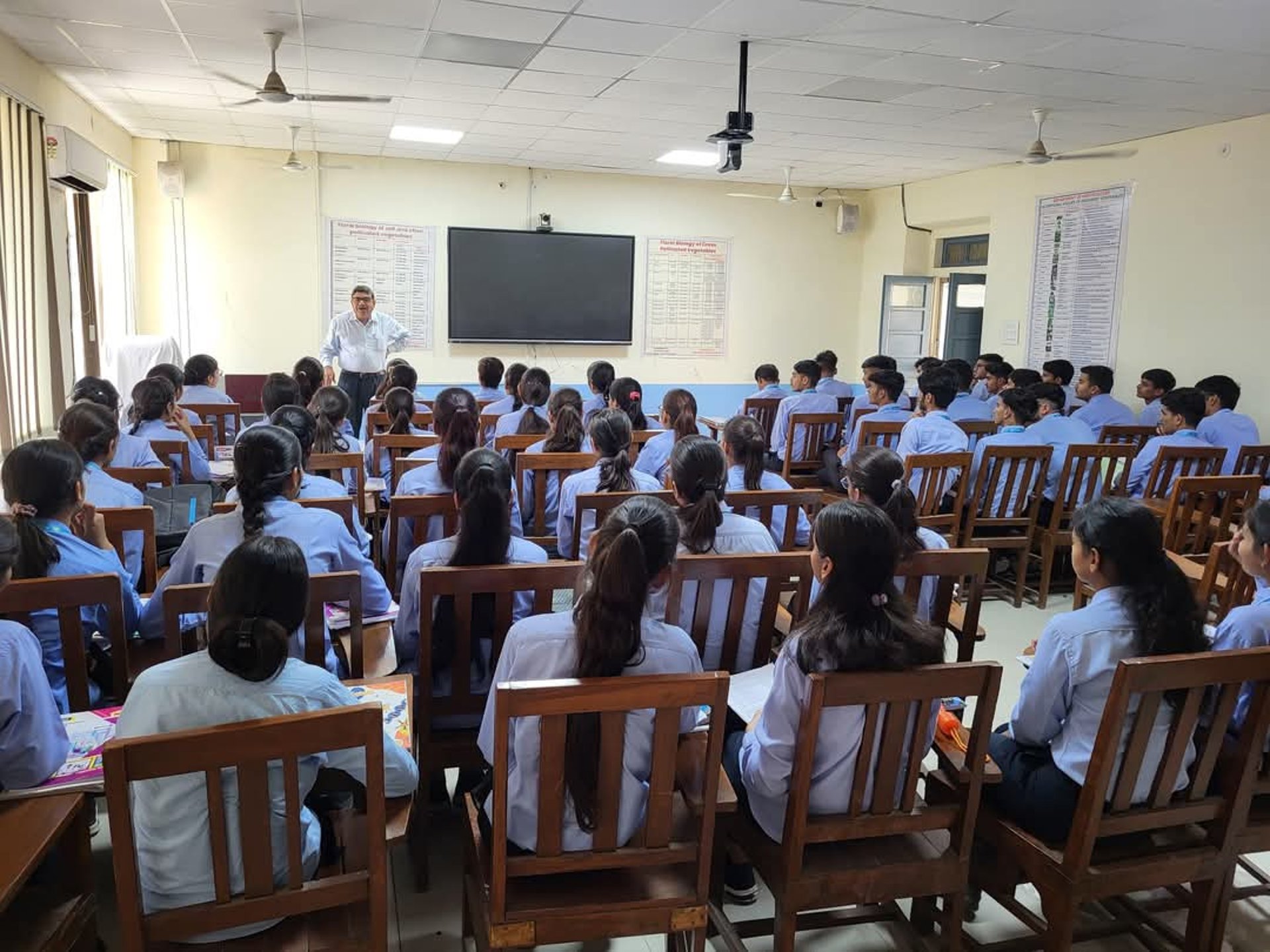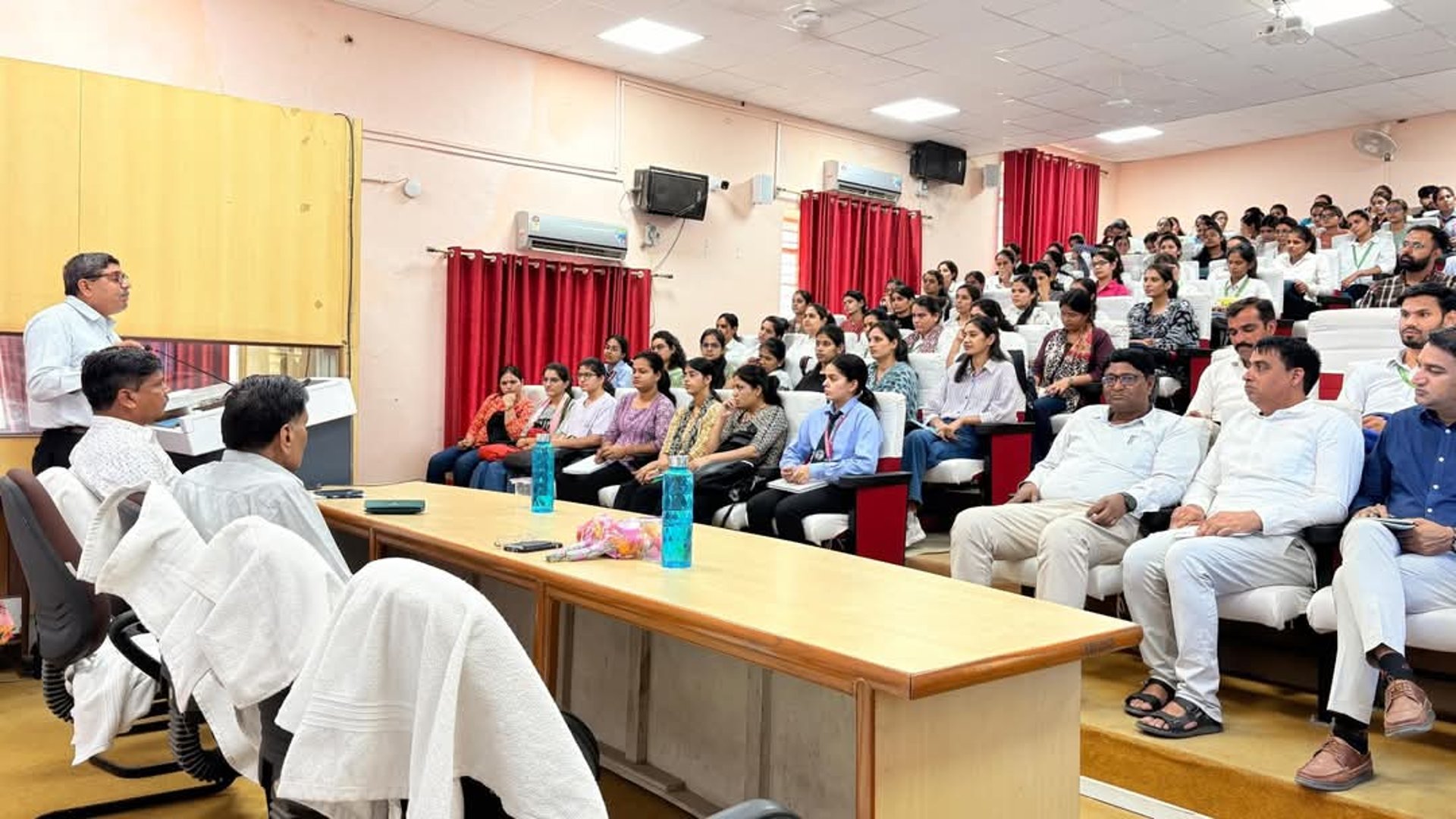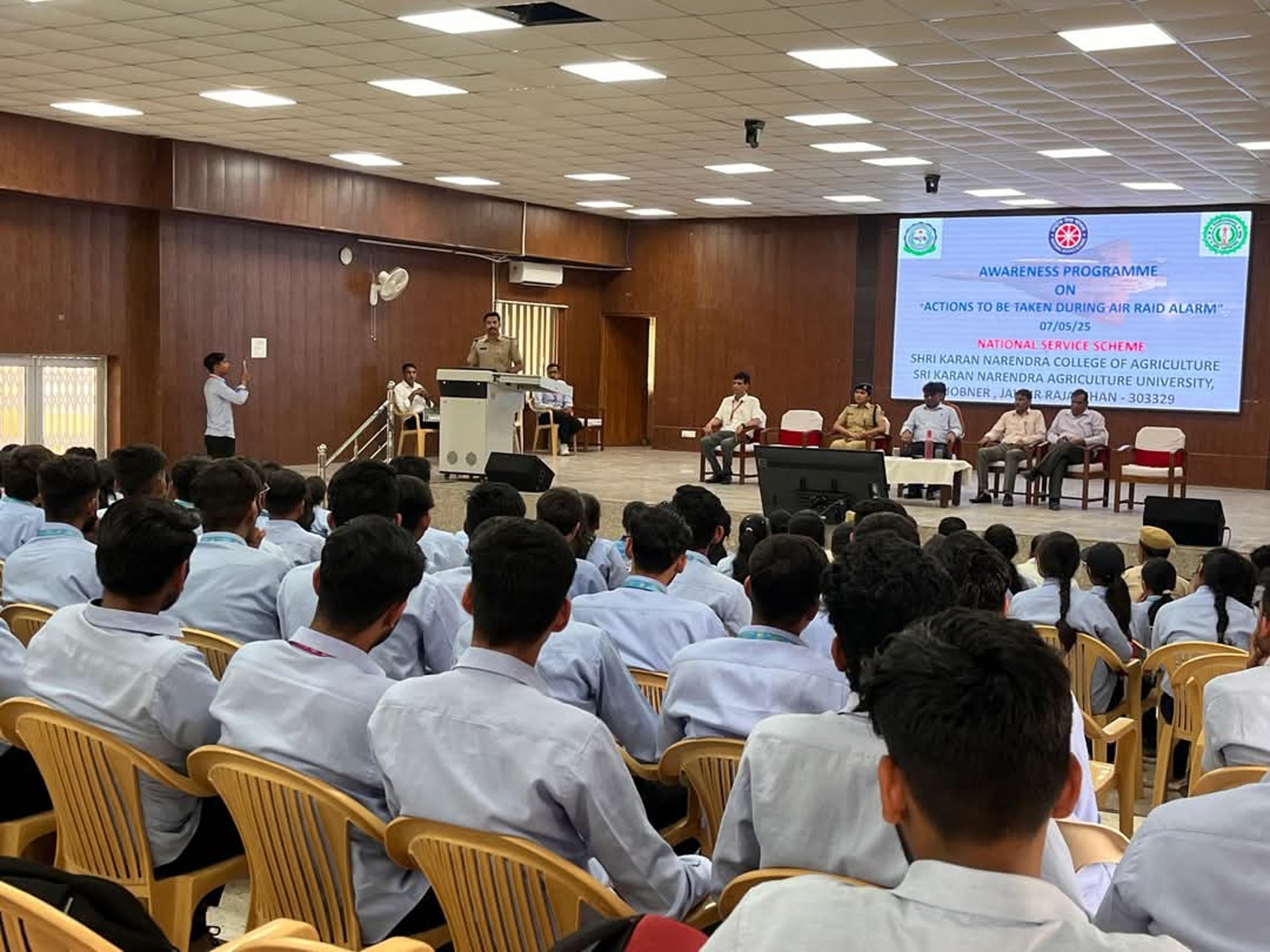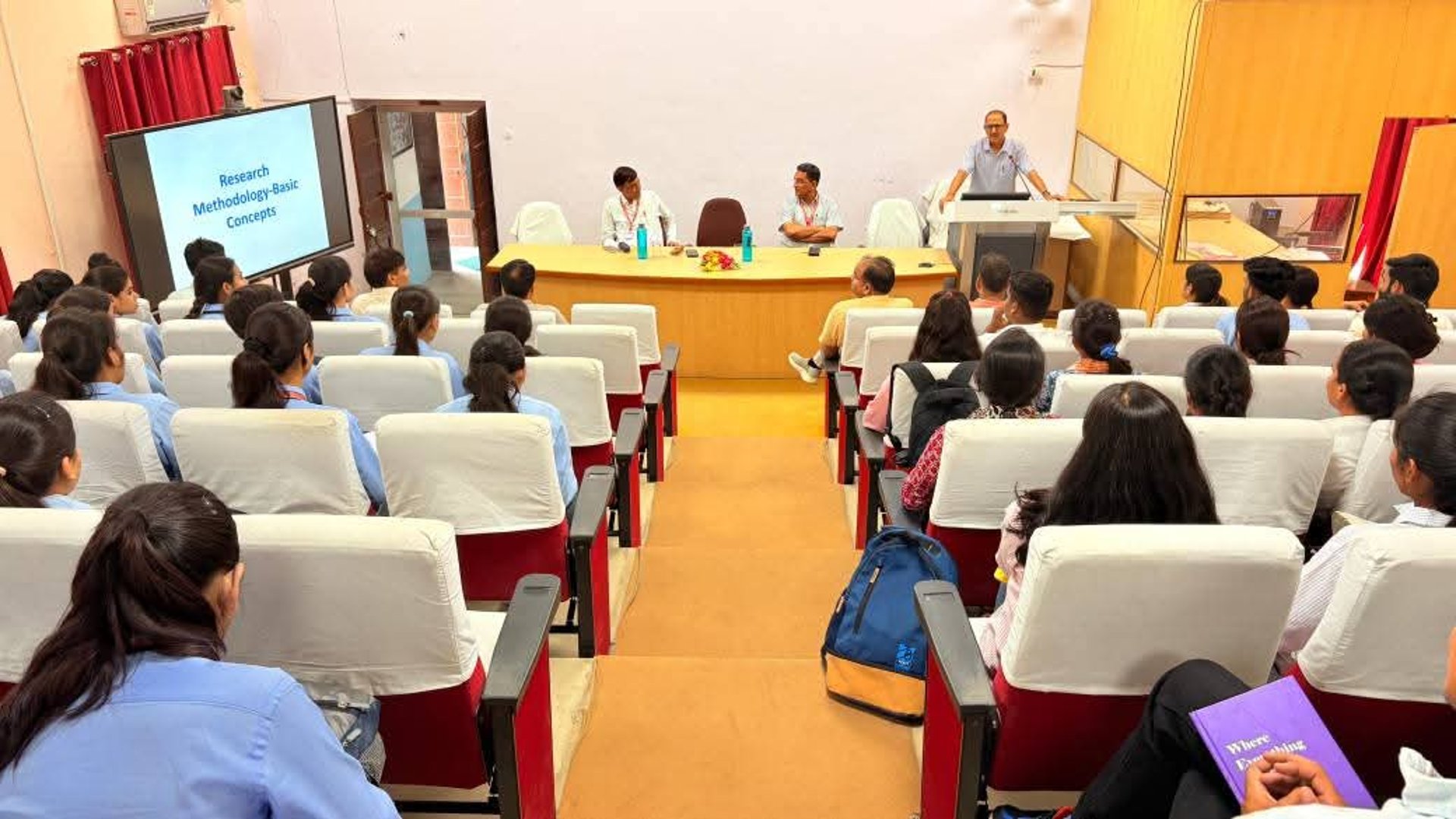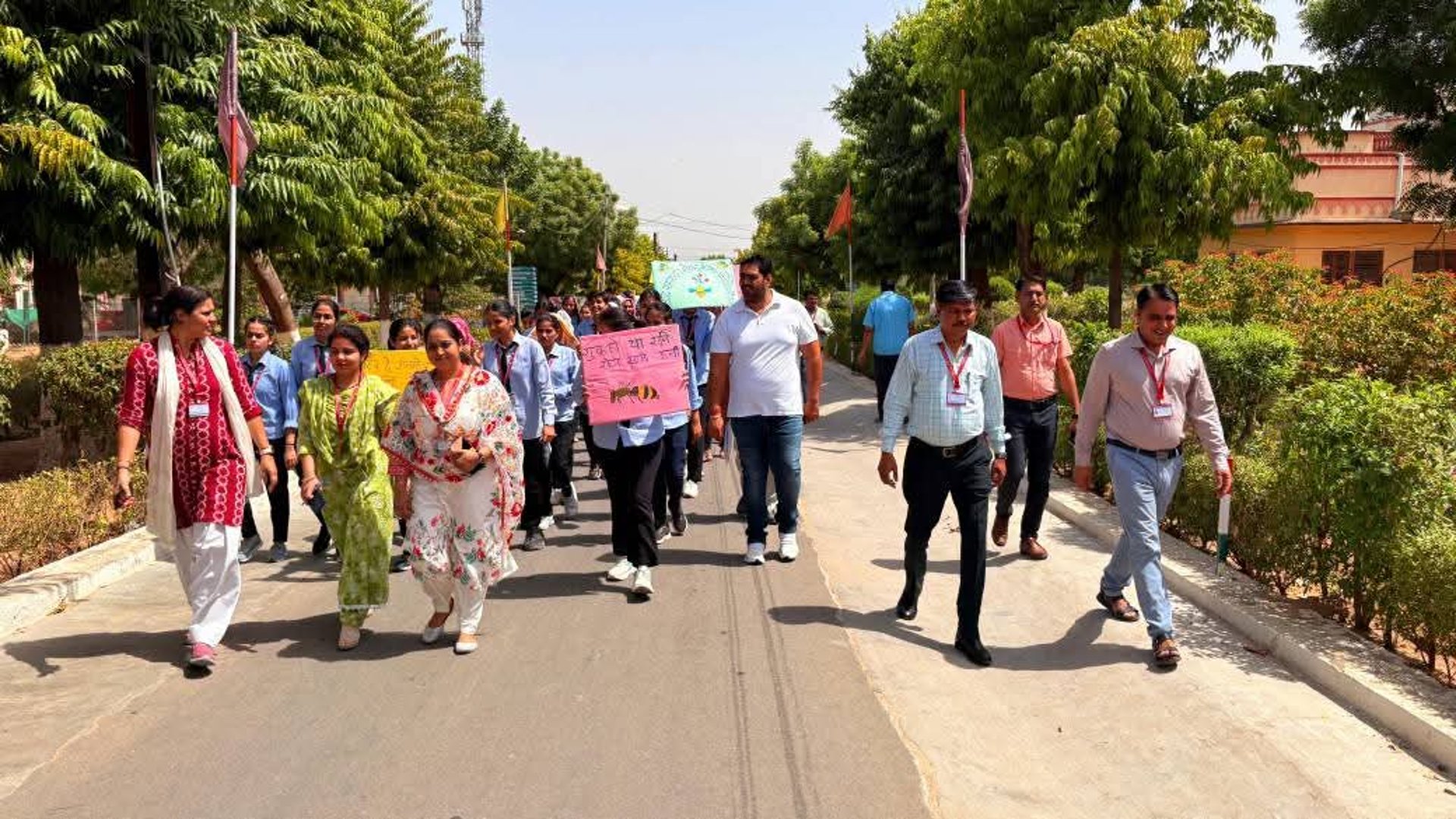Student READY/ In-Plant Training/ Internship/ Experiential Learning Programmes
Introduction
The Student READY (Rural Entrepreneurship Awareness Development Yojana) programme aims to provide rural entrepreneurship awareness, practical experience in real-life situation in rural agriculture and creating awareness to undergraduate students about practical agriculture and allied sciences. The programme will help in building confidence, skill and acquire Indigenous Technical Knowledge (ITK) of the locality and thereby preparing the pass-out for self-employment. It also aims to provide opportunities to acquire hands-on-experience and entrepreneurial skills. To reorient graduates of agriculture and allied subjects for ensuring and assuring employability and develop entrepreneurs for emerging knowledge intensive agriculture, it was felt necessary to introduce this program in all the AUs as an essential prerequisite for the award of degree to ensure hands on experience and practical training.
The Fifth Deans committee has given detailed curriculum of student READY programme for all the disciplines in agriculture and allied sciences. The course curriculam have been restructured to develop much needed skills and entrepreneurial mind-set among the graduates to take up self-employment, contribute to enhanced rural livelihood and food security, sustainability of agriculture and be propeller for agricultural transformation. The following components are proposed for carrying out one year Student READY programme in all the Under Graduate (UG) Agriculture discipline:
The students will be required to have any three of the five components listed above depending on the requirement of their graduate education but it should be implemented for one complete year, so that their education upto level of III year may get right information and in the IV year and finally they shoul dattain right stage, of entrepreneurship. In some disciplines where some components, for example- Experiential Learning is not possible at graduate level, the students will be given Hands on Training and/or Skill Development Training, but it should be (out of these 5 components) implemented for the complete year.All the above mentioned components are interactive and are conceptualized for building skills in project development and execution, decision-making, individual and team coordination, approach to problem solving, accounting, quality control, marketing and resolving conflicts, etc. with end to end approach.
Experiential Learning is an opportunity for the students to develop high quality professional competence, skill development and confidence to start their own enterprise. This is a step towards "Earn while learn". Experiential Learning aims towards Practical Work Experience in Real Life Situation among the undergraduate students and therefore, it helps student become "Job Providers rather than Job Seekers".
• Rural Awareness Works Experience enable the students to gain rural experience, give them confidence and enhance on farm problem solving abilities in real life situations, especially in contact with farmers, growers, etc.
• In-plant training of short duration in relevant industry is useful to gain the knowledge and experience of the work culture. In Plant training in reputed organization / MNCs/ other organized sectors provides an industrial exposure to the students for developing their career in the Agro based industries.
• Skill development component includes use of Agriculture Systems and devices for enhancing functional skills. It is expected that basic infrastructure and Experiential Learning Units in the university will help in boosting livelihood ensuring opportunities among the Agricultural graduates.
• Student Project is essential for students who are interested in higher education. Through this they will gain expertise for identification of research problem, planning and setting up experiments and writing of reports, etc.
• In the disciplines of Dairy Technology, Food Technology and Agricultural Engineering, there will be in-plant training in place of RAWE. The students of Veterinary Science discipline will under go internship training at hospitals.
Rural Awareness Work Experience (RAWE) and Agro-Industrial Attachment (AIA)
The Rural Awareness Work Experience (RAWE) helps the students primarily to understand the rural situations, status of agricultural technologies adopted by farmers, prioritize the farmer's problems and to develop skills and attitude of working with farm families for overall development in rural areas.The timings for RAWE can be flexible for specific regions to coincide with the main cropping season.
The main objectives of RAWE are:
(i)To provide opportunity to the students to understand the rural situation in relation to agriculture and allied activities.
(ii) To make the students familiar with socio-economic conditions of the farmers and their problems.
(iii) To impart diagnostic and remedial knowledge to the students relevant to real field situations through practical training.
(iv) To develop effective communication skills of students with farmers using latest extension methodologies in transfer of technology.
(v) To develop confidence and competence among students to solve complex agricultural problems.
(vi) To acquaint students with on-going extension and rural development programmes.
This programme will be undertaken by the students during the VII semester for a total duration of 20 weeks with a weightage of 0+20 credit hours in two parts viz., RAWE and AIA as follows. It will consist of general orientation and on campus training by different faculties followed by village attachment and unit attachment in University/ College/ KVK or a Research Station. The students will be attached with the agro-industries to get an experience of the industrial environment and working. Weightage in terms of credit hours will be given depending upon the duration of stay of students in villages/ agro-industries. At the end of RAWE/AIA, the students will be given one week for project report preparation, presentation and evaluation. The students would be required to record their observations in field and agro-industries on daily basis and will prepare their project report based on these observations.
Component-II
Agro Industrial Attachment (AIA)
· Students shall be placed in Agro and Cottage industries and Commodities Boards for 03 weeks.
· Industries include Seed /Sapling production, Pesticides -insecticides, Post harvest processing-value addition, Agri-finance institutions etc.
Activities and Tasks during Agro-Industrial Attachment Programme
1. Acquaintance with industry and staff.
2. Study of structure, functioning, objective and mandates of the industry.
3. Study of various processing units and Hands On Trainings under supervision of industry staff.
4. Ethics of industry.
5. Employment generated by the industry.
6. Contribution of the industry promoting environment.
7. Learning business network including outlets of the industry.
8. Skill development in all crucial tasks of the industry.
9. Documentation of the activities and task performed by the students.
10. Performance evaluation, appraisal and ranking of students.
Experiential Learning (EL)
The word 'experiential' essentially means that learning and development are achieved through personally determined experience and involvement, rather than on received teaching or training, typically in group, by observation, study of theory or hypothesis bring in innovation or transfer of skills or knowledge. Experiential learning is a business curriculum-related Endeavour which is interactive. EL is for building (or reinforcing) skills in project development and execution, decision-making, individual and team coordination, approach to problem solving, accounting, marketing and resolving conflicts, etc. The programme has end to end approach. Carefully calibrated activities help the participants to explore and discover their own potential and both activities and facilitation play a critical role in enhancing team performance.
Objectives
EL provides the students an excellent opportunity to develop analytical and entrepreneurial skills and knowledge through meaningful hands on experience, confidence in their ability to design and execute project work. The main objectives of EL are:
(i) To promote professional skills and knowledge through hands on experience.
(ii) To build confidence and ability to work in project mode.
(iii) To acquire enterprise management capabilities.
Duration
The experiential learning programme will be offered for180 days (one semester) period in the final year. As the programme is enterprise oriented, students and faculty are expected to attend the activities of the enterprise even on institutional holidays with total commitment, and without any time limit or restriction of working hours for ELP. The Experiential Learning Programme shall be run for full year by making two groups and rotating activities of the final year in two groups.
Attendance
The Minimum attendance required for this programme is 85%. The attendance of a student will be maintained at the EL unit. The students will be eligible for final evaluation of EL only when the attendance requirement is met with. Any student in the event of recording shortage of attendance has to re-register the EL when offered next by paying the assigned fee.
Students Eligibility
To get the eligibility for registering for the EL programme the student should have completed all the courses successfully. No students should be allowed to take up the EL programme with backlog / repeat courses. The assignment/ allotment of the EL programme shall be based on merit of the student at the end of 5th semester.A separate certificate should be issued to the students after successful completion of EL course. Allotment of EL programmes amongst students to different modules should be done strictly on the basis of merit at the end of 5th semester.
Experiential Learning Programme (ELP)/ Hands On Training (HOT)
This programme will be undertaken by the student preferably during the VIII semester for a total duration of 24 weeks with a weightage of 0+20 credit hours.The students will register for any of two modules of (0+10 credit hours each) listed below:
Modules for Skill Development and Entrepreneurship:
The evaluation of Experiential Learning Programme will be done by the following Committee
1. Dean of the College
2. Head, Extension Education
3. Head of Department of Experiential Learning Unit
4. In charge of Experiential Learning Unit.
5. READY in charge
In addition to these ELP modules, other important modules may be given to the students by respective SAUs. Indian Council of Agricultural Research has already provided financial help for establishment of two or more Experiential Learning Units in each State Agricultural University and the universities have to plan accordingly.
Dr. B.S. Chandrawat
Nodal Officer
READY
SKN College of Agriculture, Jobner
Email.: nodal.ready@sknau.ac.in Phone: 8104113050


READY Members


Name: Dr. Santosh Devi Samota
Designation: Assistant Professor
Specialization:
Contact: 6367174712
Email: santosh.ext@sknau.ac.in
AEIS Profile Link:


Name: Dr. Rajesh Singh
Designation: Assistant Professor (English)
Specialization: Phonetics, Plays & Drama
Contact: 9636941130
Email: rajesh.eng@sknau.ac.in
AEIS Profile Link: https://aeis.icar.gov.in/Rajesh3576


Name: Dr. Heena Saheewala
Designation: Assistant Professor
Specialization: Plant Biotechnology, Molecular Biology
Contact: 7732866999
Email: heena.pbiotech@sknau.ac.in
AEIS Profile Link:


Dr. Narender
Assistant Director, Physical Education
SKN College of Agriculture, Jobner
Email.: narender.phyedu@sknau.ac.in, Phone: 9992294000
READY Album 2023-24
READY Student Projects
Success Story Book-2023-24
RAWE Models
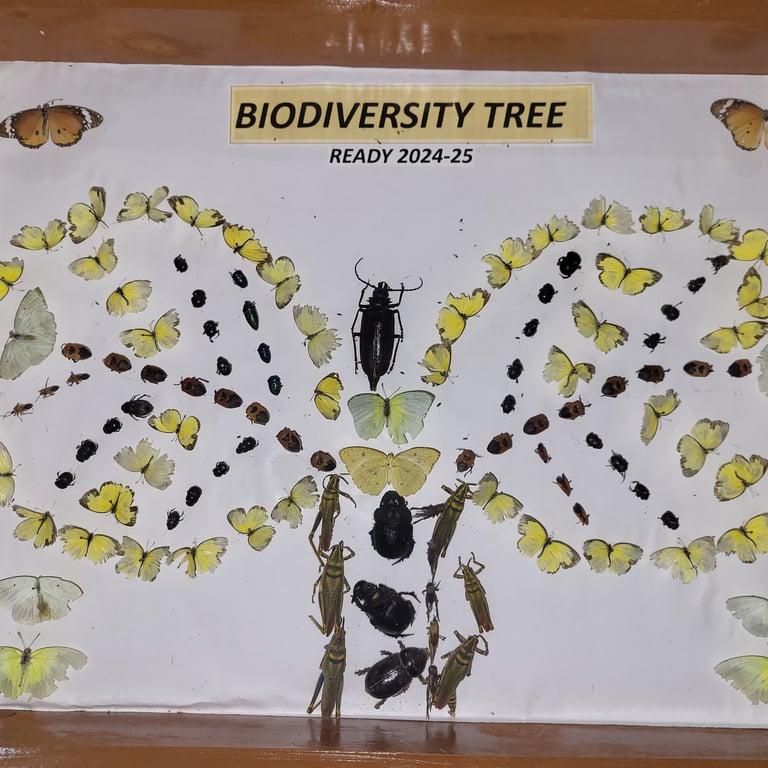
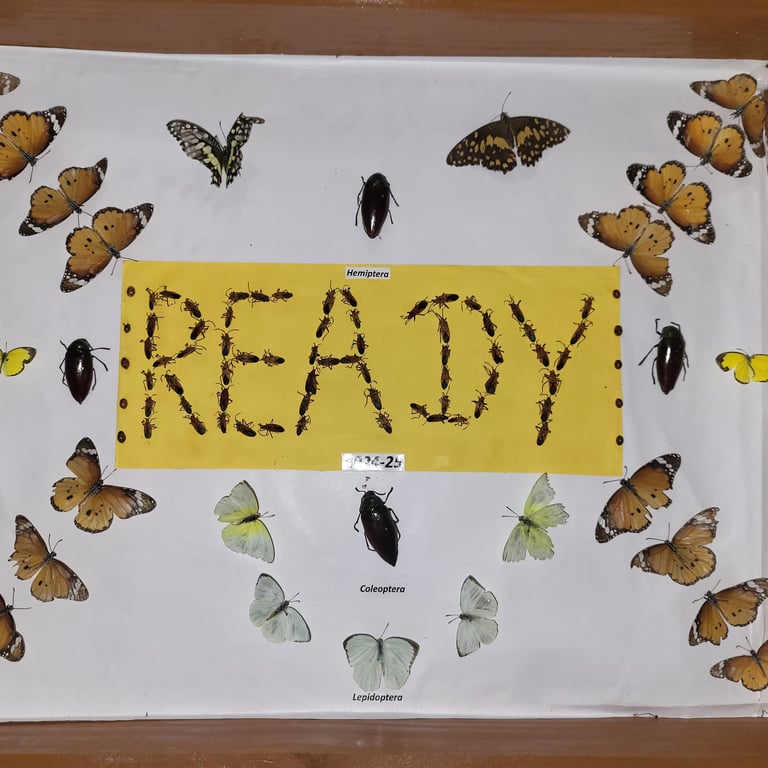
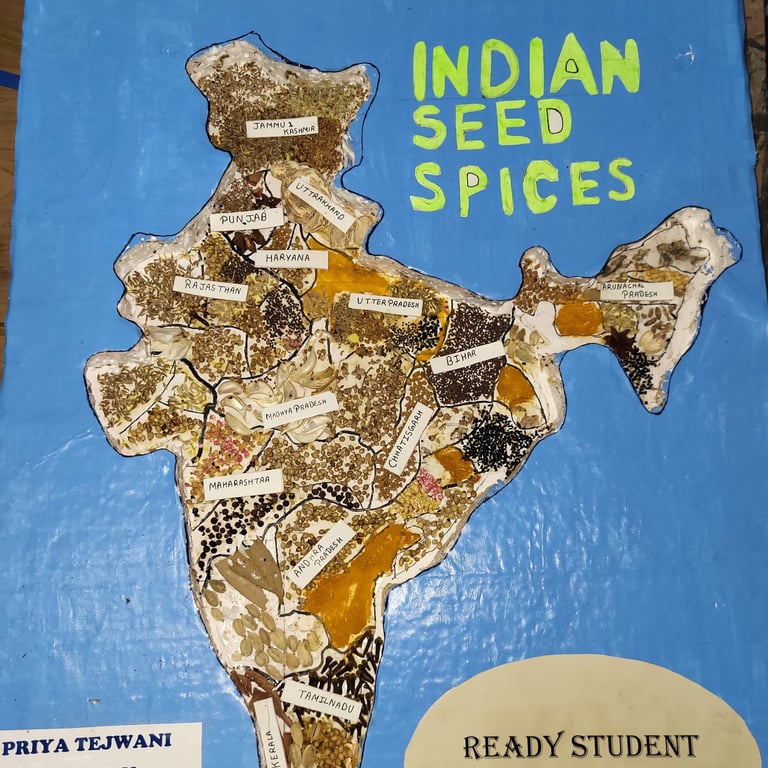
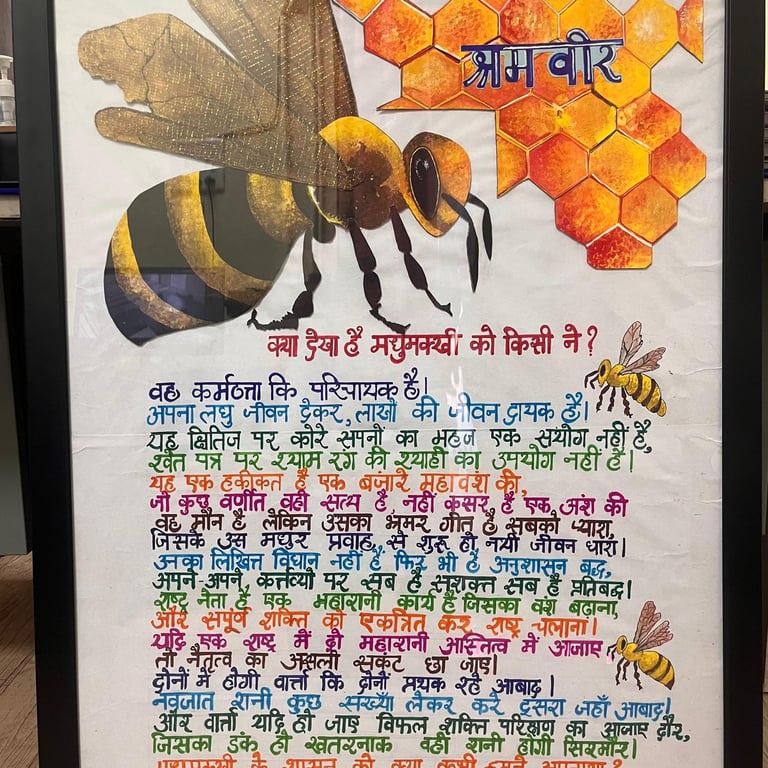
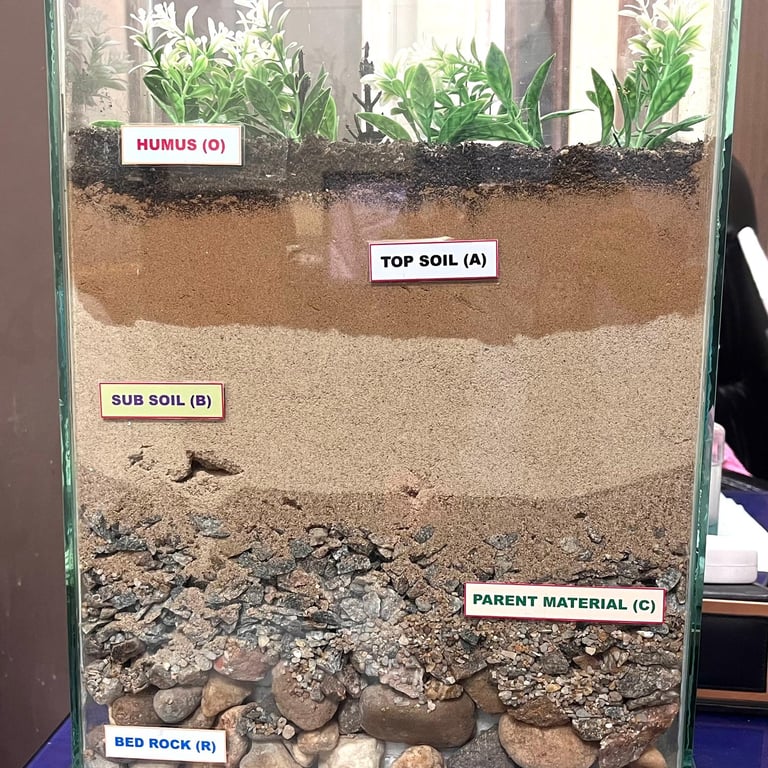
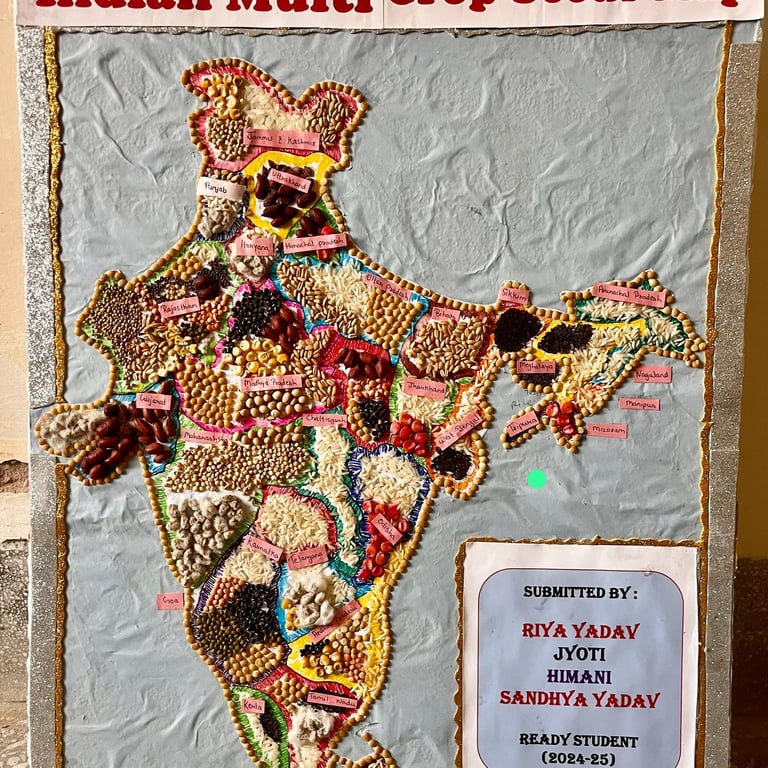
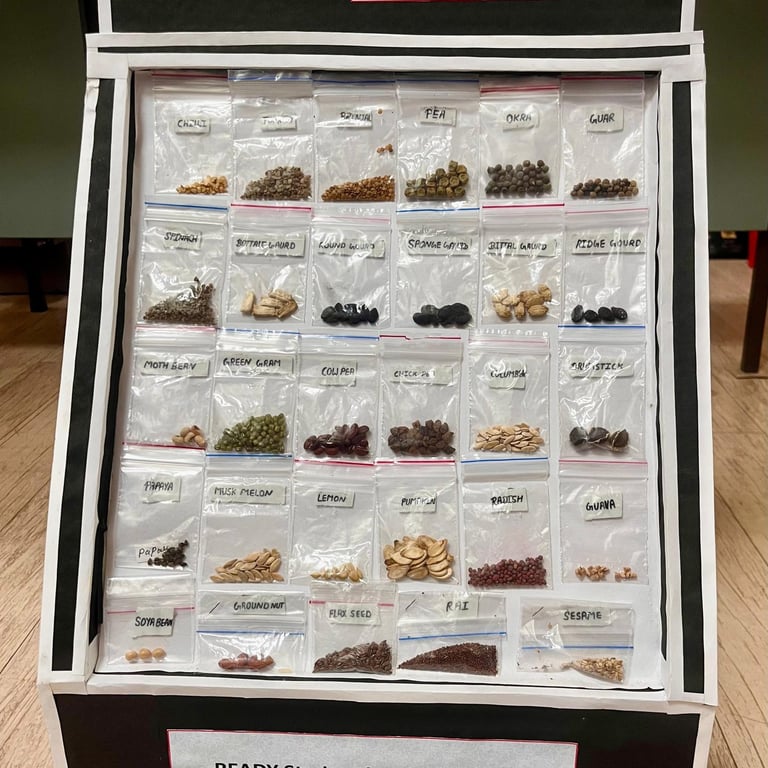
READY Activities Slideshow


































